Blueberries are one of the healthiest fruits, so you may be wondering when you can give them to babies. Here are several ideas on how to safely serve blueberries to babies as young as 6 months using a baby led weaning approach.
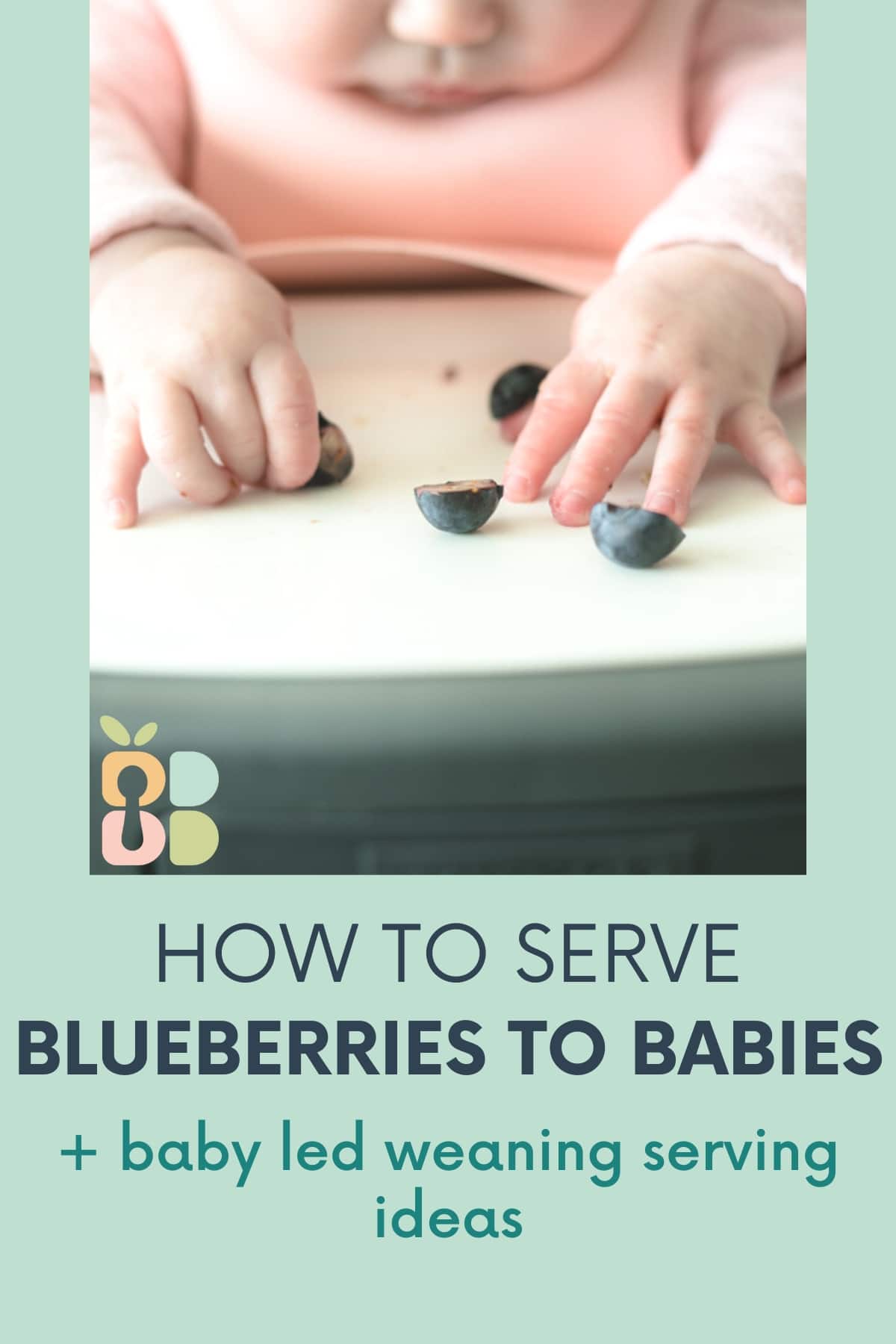
If you're anything like me, you always have blueberries on hand when they're in season - and a stash in the freezer when they aren't! If you eat a lot a blueberries, you may want to share them with your little one starting solids. The good news is that you can! However, they can be a choking risk, so it's important to serve them in a safe way to BLW babies. Read on for just how to do so!
Jump to:
Can Babies Have Blueberries?
Yes! babies can have blueberries as soon as they are ready to start solids, around 6 months. But they must be prepared appropriately for baby's safety, as whole blueberries can be a choking risk. (Read more about top choking hazards in my article on top foods to avoid for babies.)
If you're using a baby led weaning approach, babies may not be able to pick up blueberries very effectively since they don't yet have the pincer grasp, but they can still practice, and may also be able to get them to their mouths with a raking motion. I'd suggest offering just a few at a time, alongside other, easier to grasp foods, to avoid too much frustration in the early weeks.
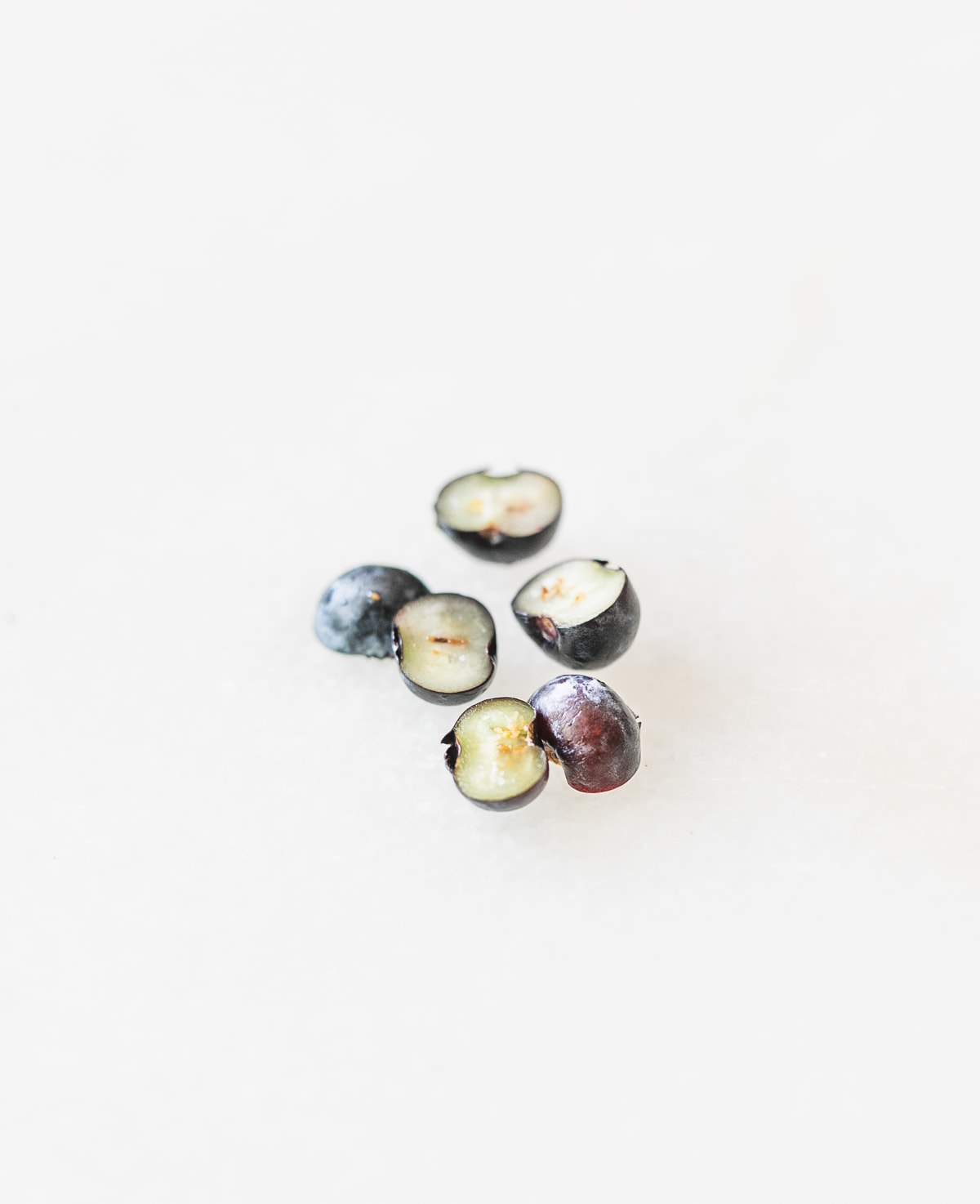
Health Benefits of Blueberries
Blueberries are considered a superfood because they contain some of the highest antioxidants of all fruits - especially anthocyanins, which give blueberries their blue color. Antioxidants are good at protecting our cells against damage and could potentially prevent chronic disease.
Blueberries are also high in:
- Fiber
- Vitamin C
- Vitamin K
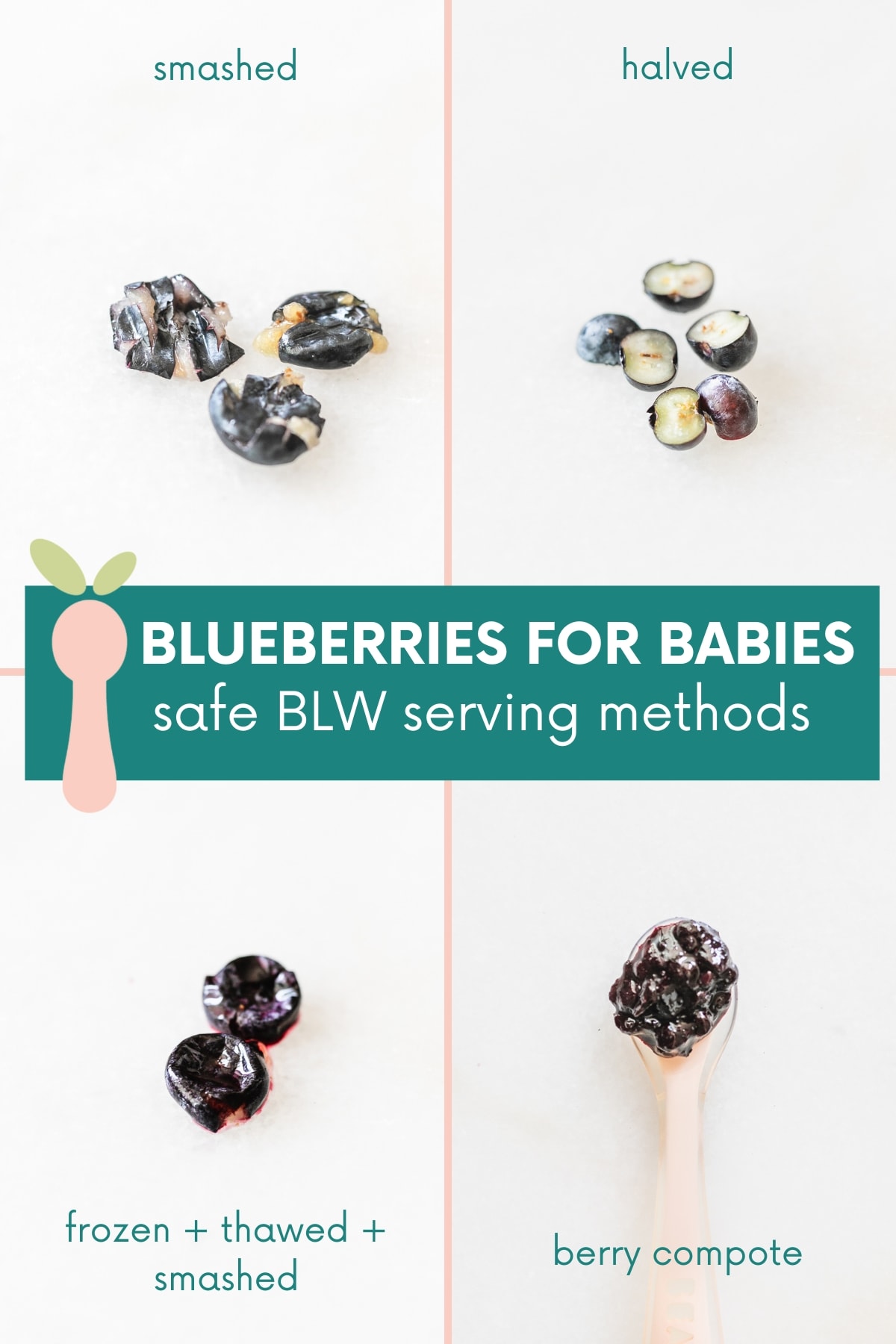
How To Serve Blueberries - Baby Led Weaning
1. Smashed
Smashing whole blueberries is one way to serve them to beginner babies (6-8 months). This eliminates the choking risk by ensuring they are not round, and helps baby scoop them up with his palm. Gently smash with a fork or your fingers.
2. Halved
Once baby develops a pincer grasp (around 8-10 months) , he can more easily pick up halved blueberries. Very big berries should be quartered to prevent choking.
3. Frozen and Thawed
Frozen berries are great, because once thawed, they are a nice smushy texture for babies. You can flatten them with your fingers or a fork.
4. Blueberry Compote
You can also make a no-sugar berry compote from fresh or frozen blueberries and serve it on a pre-loaded soft spoon. You can also swirl into plain yogurt and oatmeal, or spread on toast fingers and pancakes.
Tip: Frozen blueberries are usually nice and sweet, and also retain more nutrients since they are frozen just after picking. Especially wild blueberries!

Track your baby's journey through starting solids! Get my 100 First Foods Checklist and Allergen Checklist Bundle today!
FAQ
Yes. Because blueberries are small and round, they are considered a choking hazard. That means you must halve or smash raw blueberries to make them safer.
Review safety tips and top choking hazards, and always supervise baby when eating any food.
Blueberries are not a common allergen, though any food could potentially cause a reaction.
Babies can have blueberries as soon as they start solids, around 6 months. They should be smashed or halved until at least 1 year of age, but you may choose to do so longer, depending on your child's skills.
Because of the fiber in blueberries, they can help keep your baby's poops regular, however, too many at once can overload baby on fiber and actually cause constipation - this may be the cause if baby has gas, abdominal pain and hasn't pooped in a couple of days. Just lay off the fiber, and maybe give some prune puree.
Blueberries can also cause blue or black poop - so don't be alarmed if you notice this after baby eats several blueberries. You may also notice pieces of blueberries in baby's diaper. This is all normal!


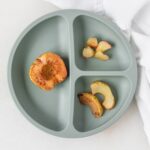
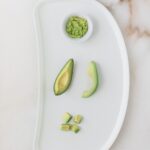
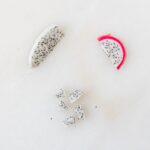
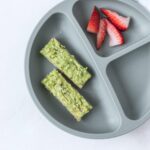




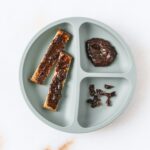



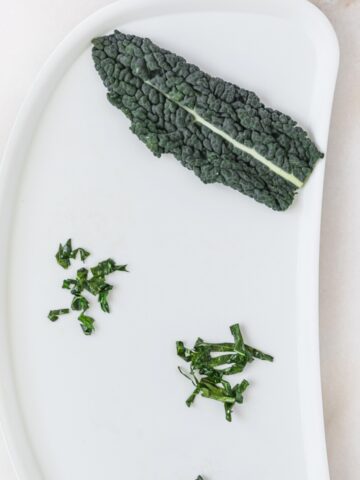
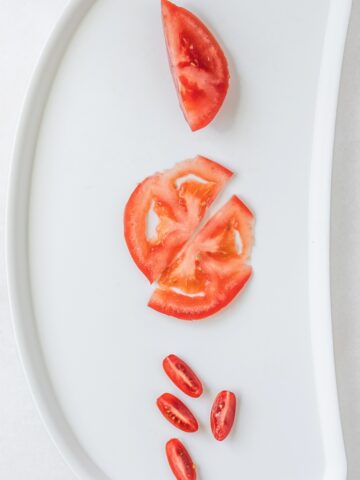
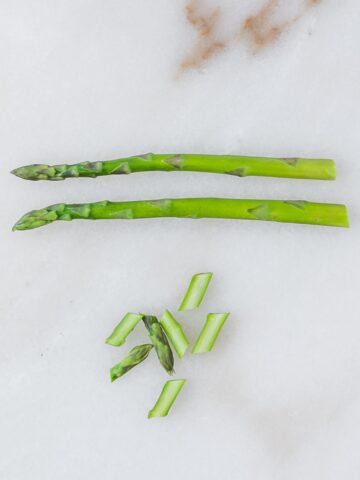
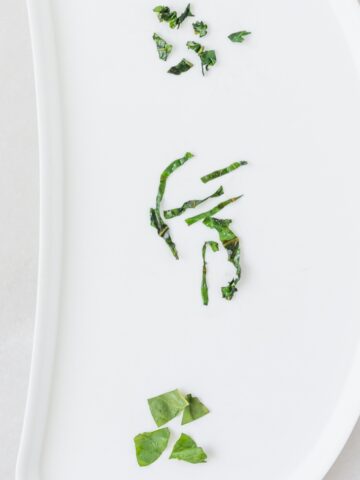
Leave a Reply